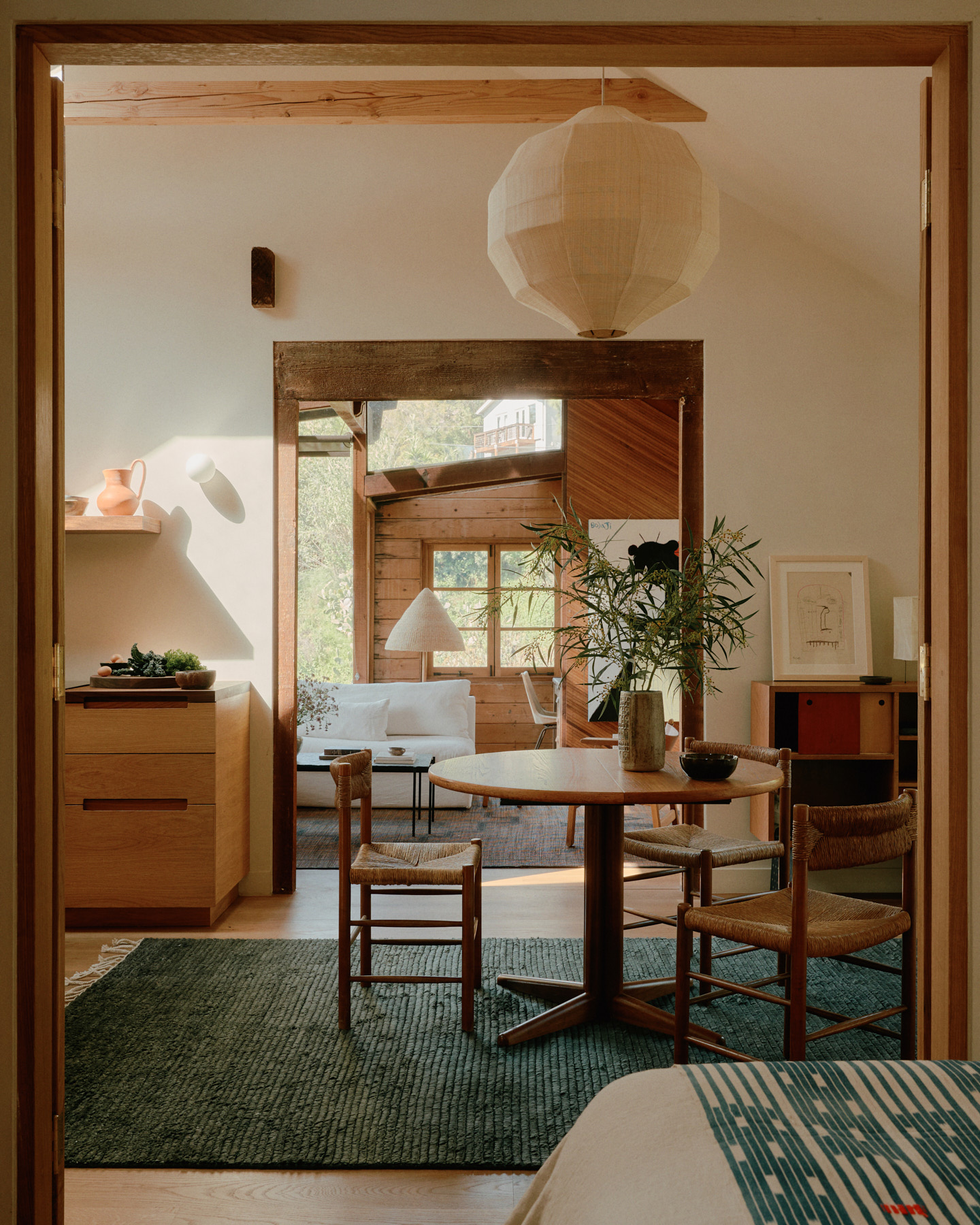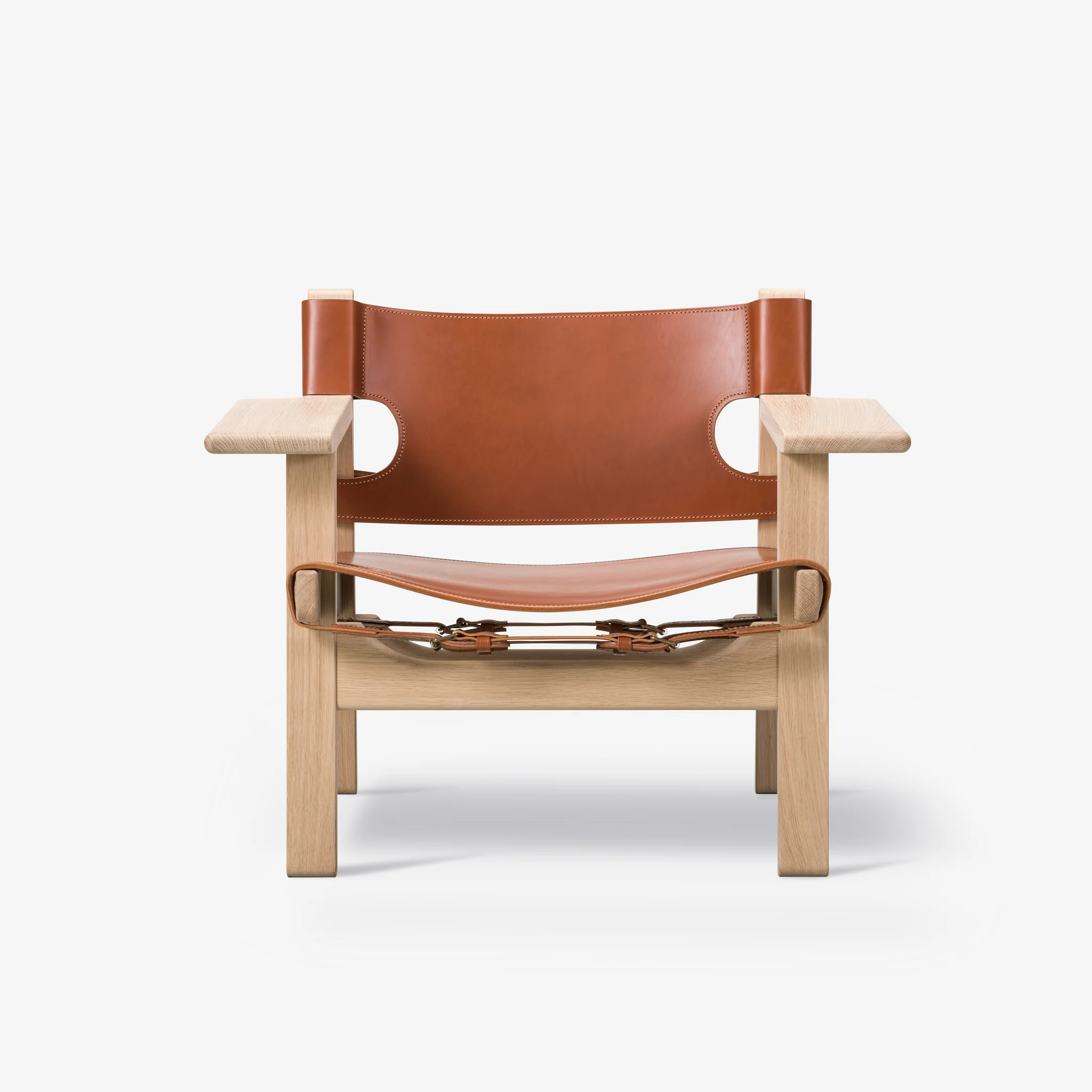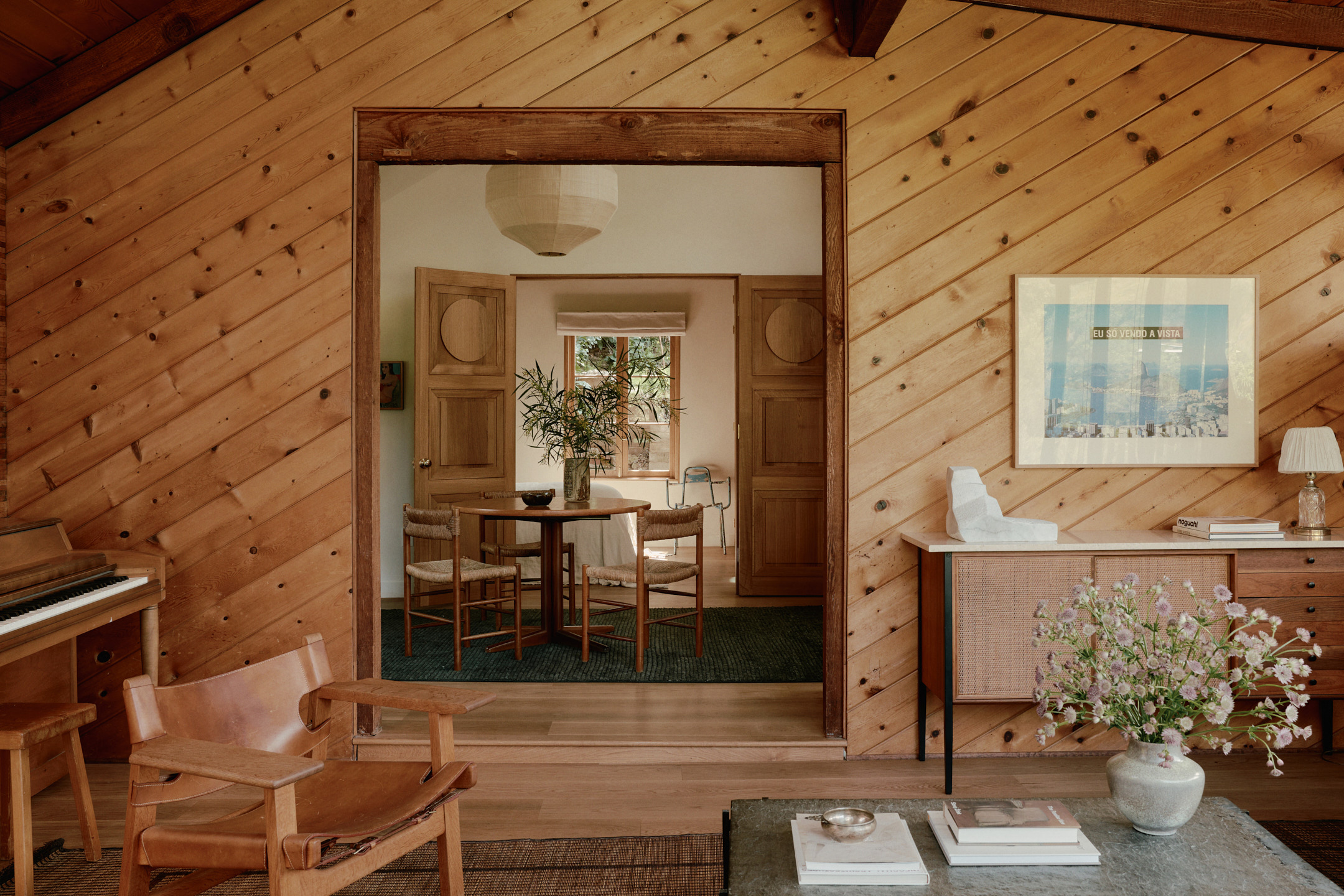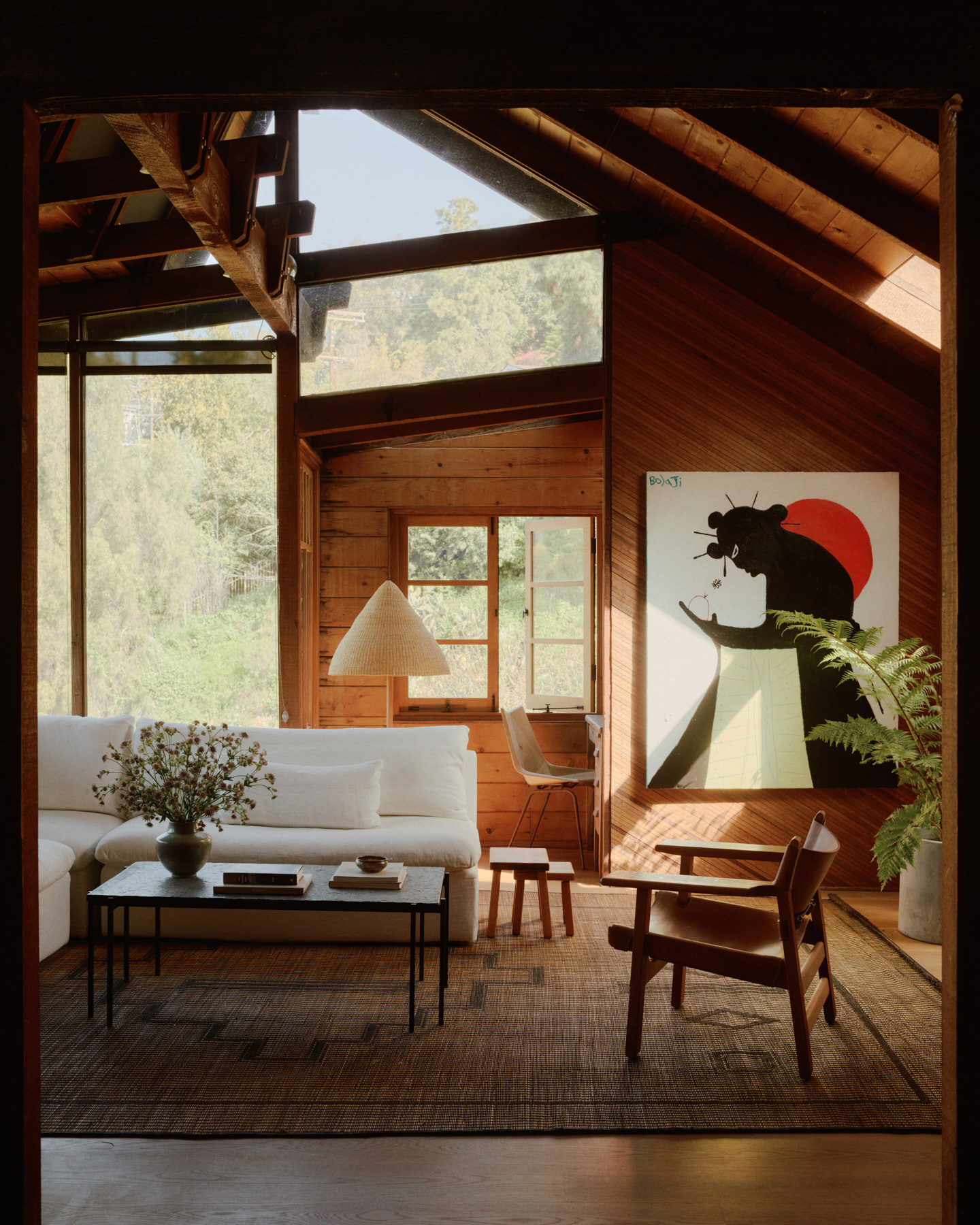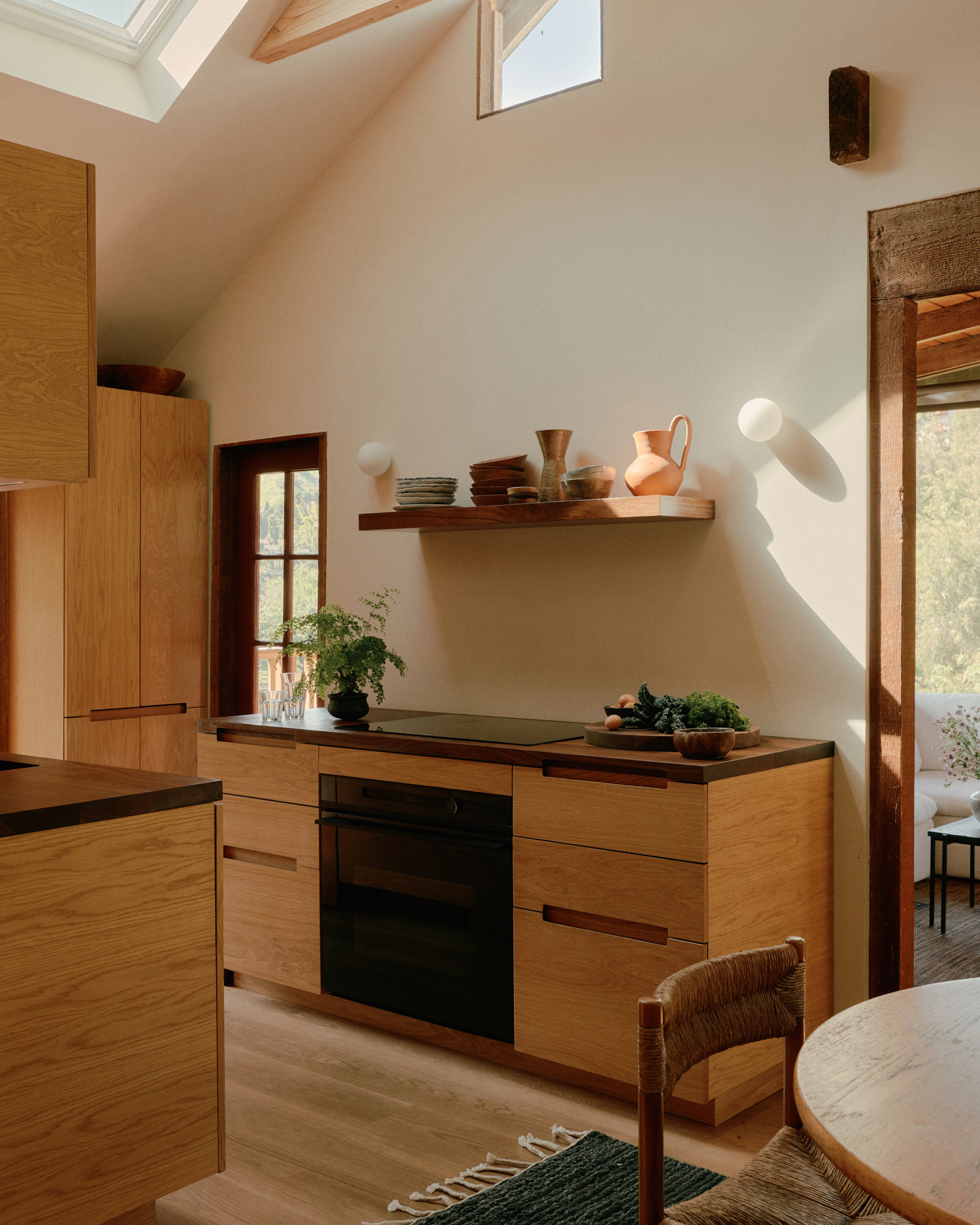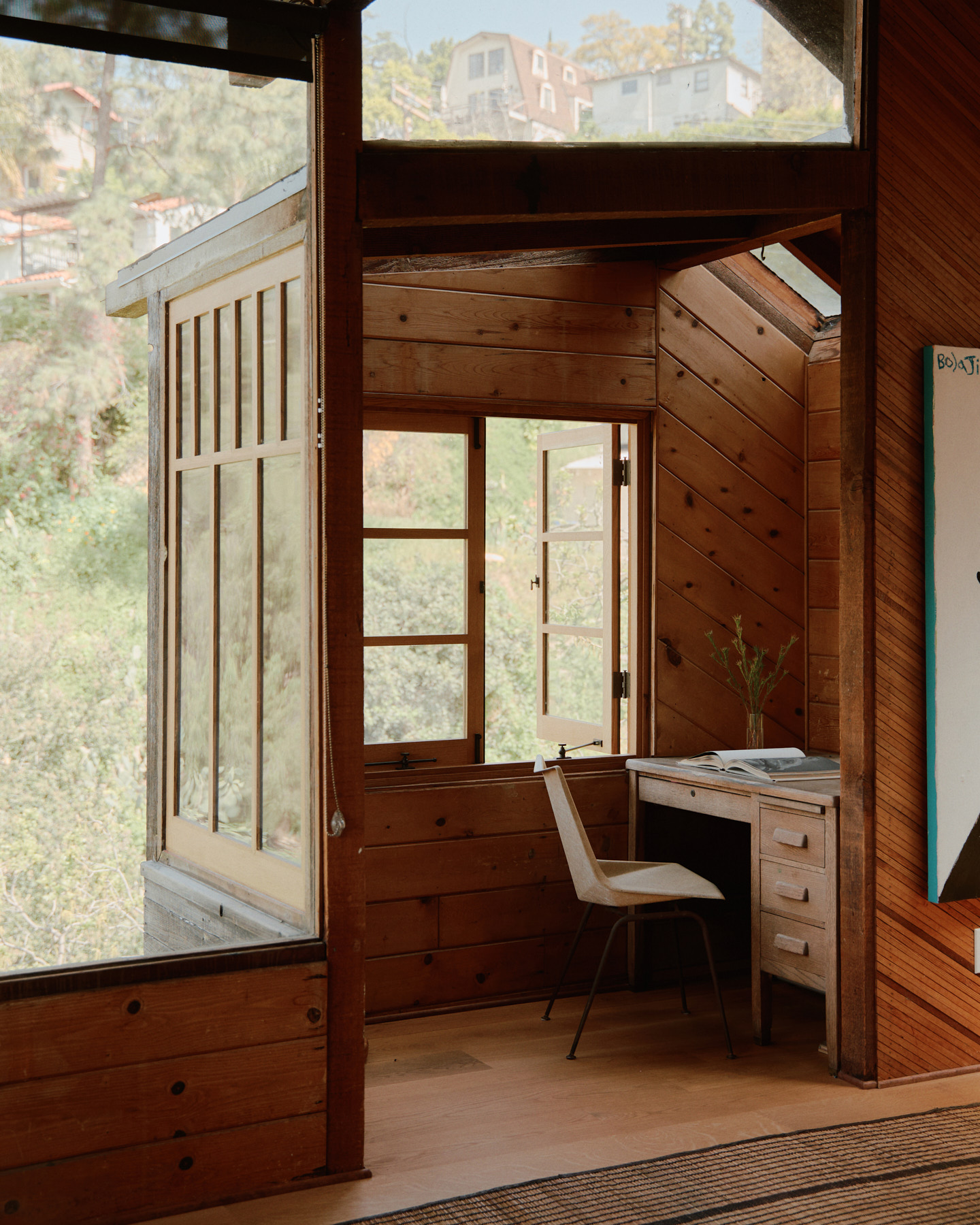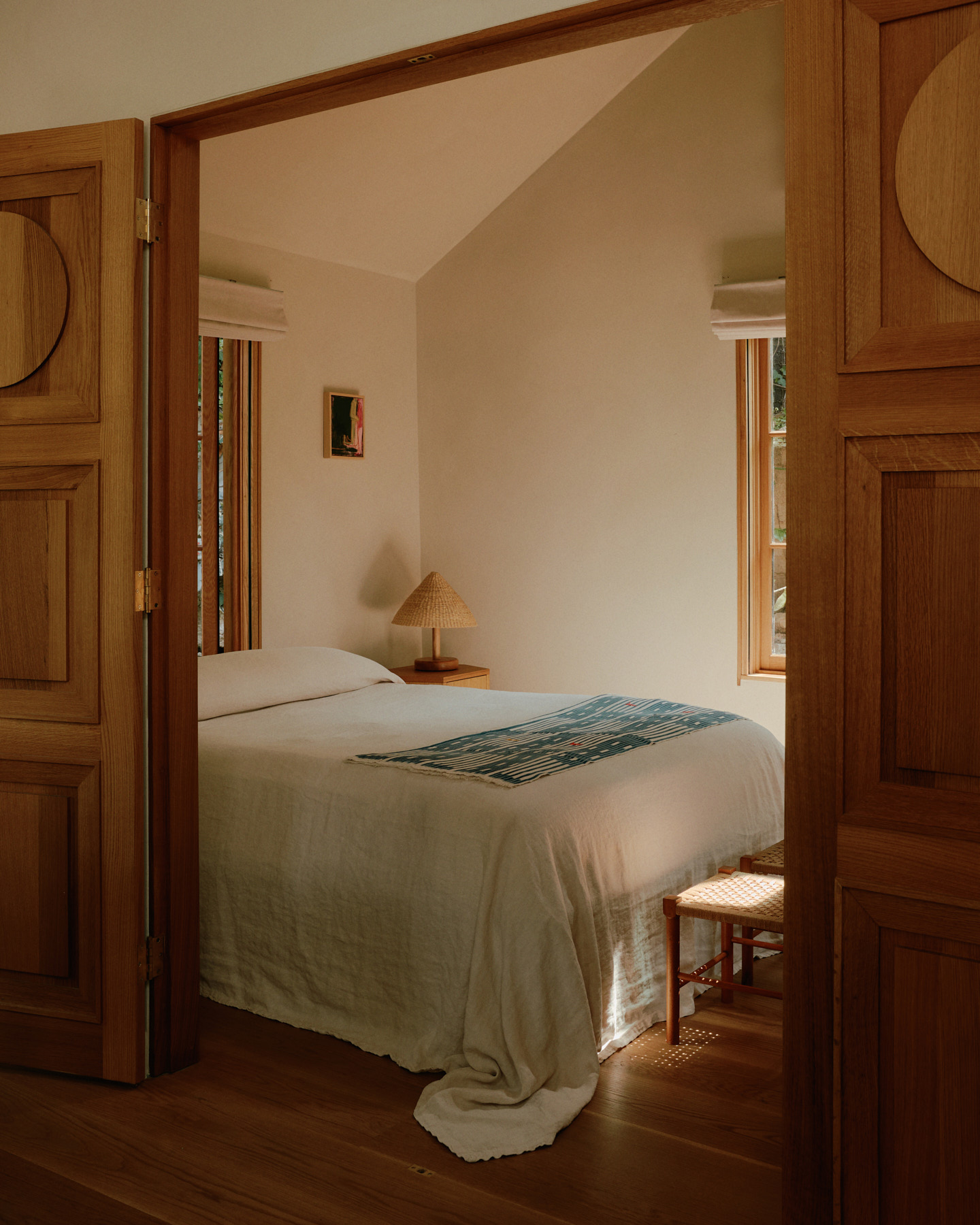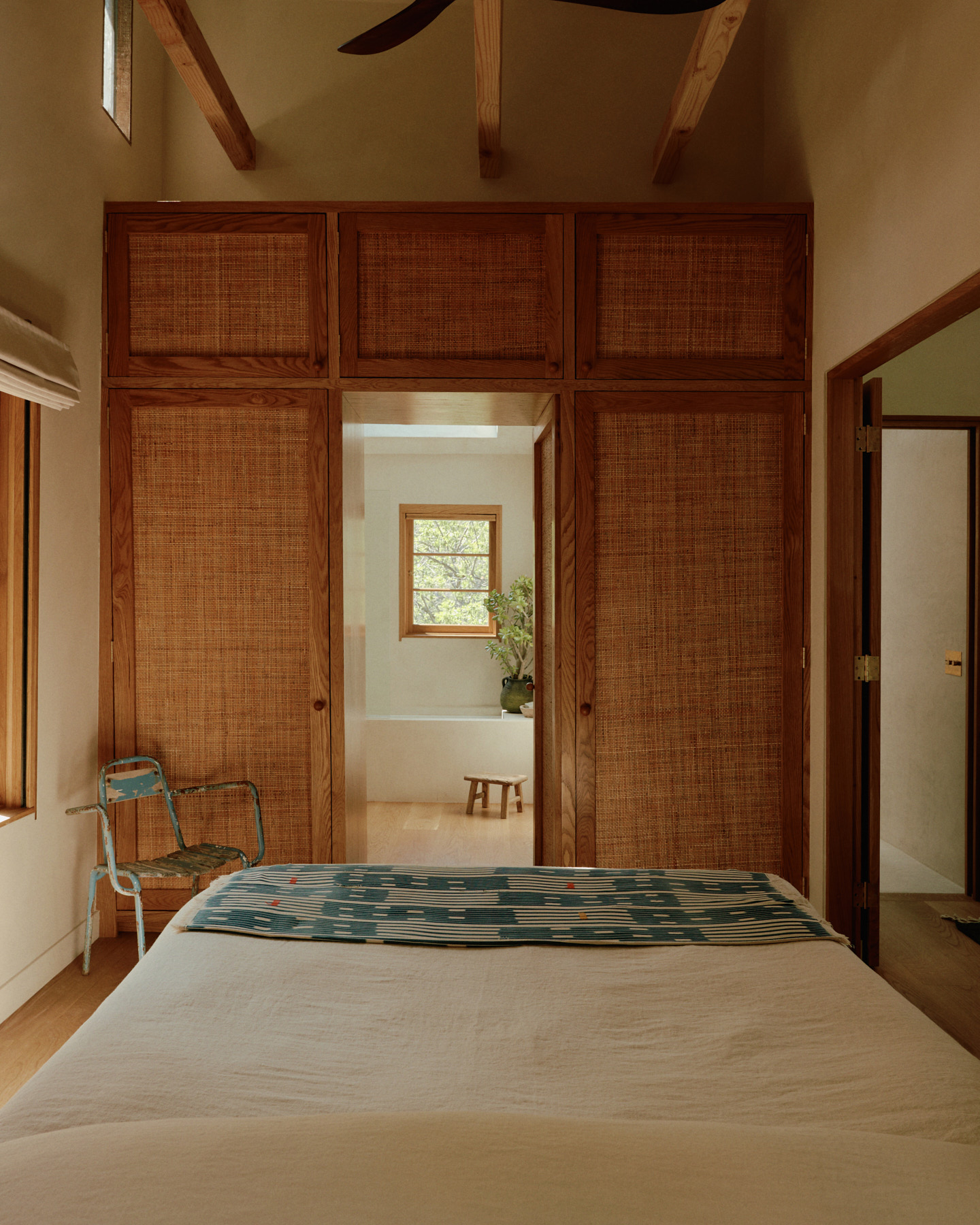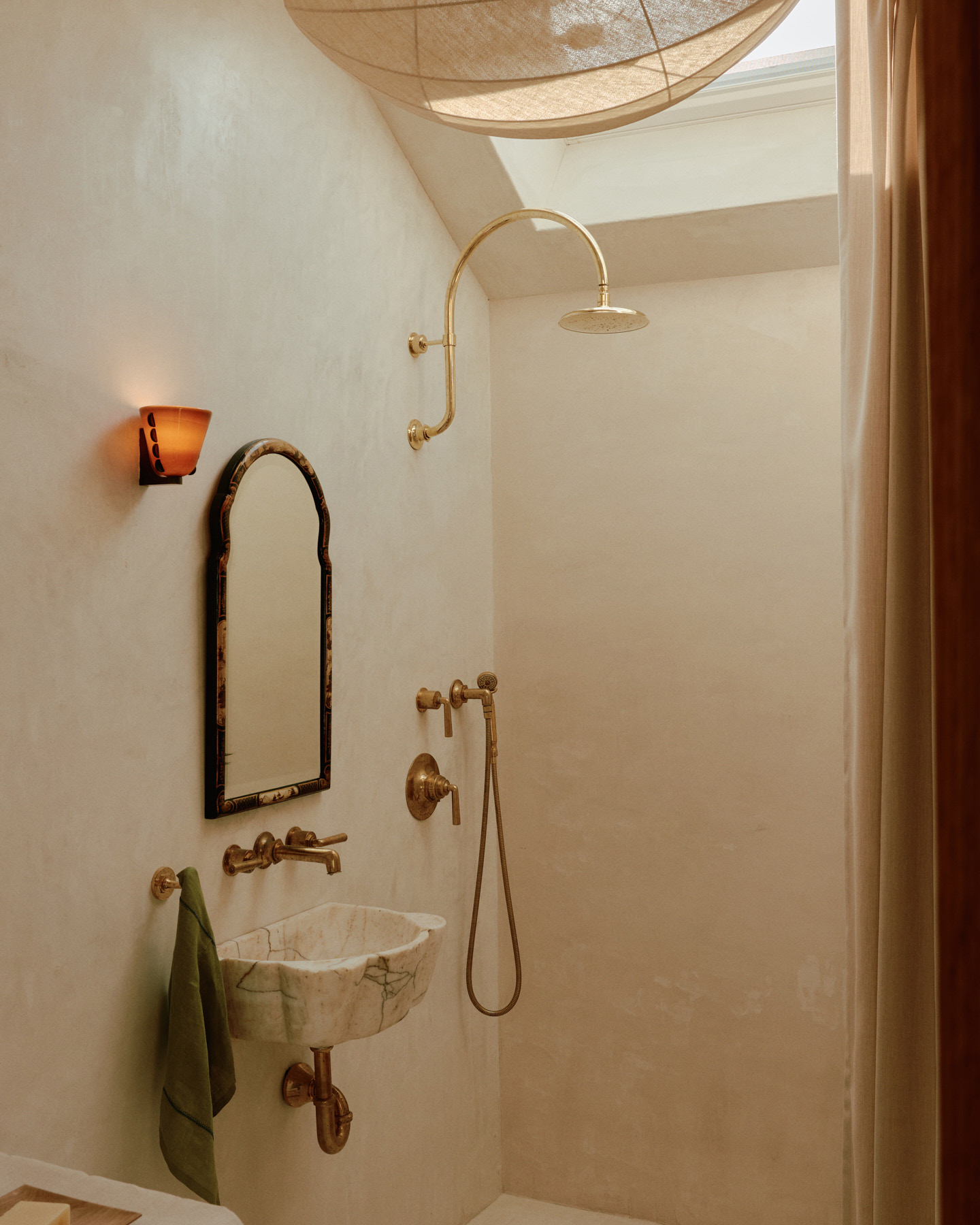Moon Canyon is a minimal house located in Los Angeles, California, designed by NoNo Studio. What emerges from this project is not merely renovation but resurrection through radical conservation. Susannah Stopford and Alejandra Murillo understood that the 1930s hunting shack, frozen in time since the 1970s, possessed an inherent poetry that required not transformation but translation into contemporary language. Their approach reveals a sophisticated understanding of craft as cultural continuity, where the hand of the maker becomes a bridge between past and present.
The studio’s decision to retain the original cedar paneling speaks to a deeper philosophy about material authenticity. Cedar, with its natural resistance to decay and insects, was the practical choice of Depression-era builders, yet it carries within its grain the stories of decades. Rather than viewing these weathered surfaces as obstacles to overcome, NoNo recognized them as the project’s primary asset. The wood’s patina becomes a temporal map, each mark and stain a testament to the building’s resilience.
Against this backdrop of preserved elements, the introduction of custom oak-and-walnut millwork creates a dialogue between eras. The marriage of these hardwoods represents more than aesthetic choice – it demonstrates an understanding of how different species age and respond to California’s particular climate. Oak brings structural integrity and bold grain patterns, while walnut contributes warmth and workability. Together, they form a material vocabulary that speaks to both tradition and innovation.
The Italian marble sinks function as punctuation marks within this narrative of renewal. Marble, with its geological time scale and capacity for transformation through human touch, bridges the domestic and the monumental. Its inclusion suggests that luxury need not announce itself through excess but can manifest through the quiet confidence of superior materials handled with precision.
